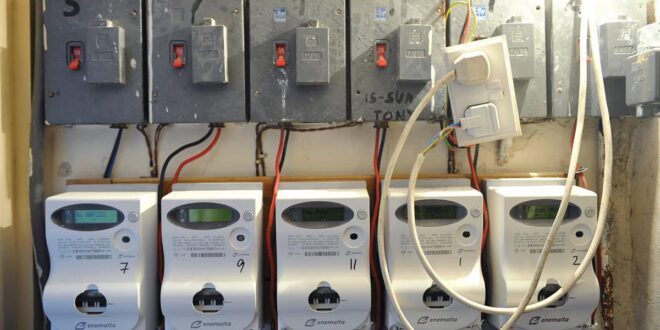Most people are fully aware of the impact of inflation on their everyday shopping experience. Yet, few worry too much about the eerie normality at the fuel stations when they fill up their cars. Similarly, electricity bills are priced the same as before the pandemic and before the turmoil in the international gas and oil markets caused by the Ukraine war.
It is time to ask whether we are sleepwalking into an energy crisis.
The shocking news is that the price of interconnector power exported from Italy has climbed by over 500 per cent since 2020. Many do not realise that this rise in the cost of producing energy to satisfy households, essential services and business needs could seriously affect the economy and their well-being.
Most EU countries have passed the more significant part of the fuel and energy price increases on to consumers. The capping of energy, fuel and gas rates has helped to mitigate the impact on struggling European businesses and households. But the ongoing turmoil in the energy markets is expected to last a long time. The strain on public finances and household energy bills will soon be near breaking point.
The energy crisis is two-pronged. One aspect is finding enough fuel and gas supplies to satisfy demand. The other is managing the spiralling costs of these commodities to protect the economy from recession and vulnerable households from poverty.
So far, the Maltese government has been very reluctant to specify how it intends to manage this energy crisis. To borrow UK politician Michael Gove’s recent soundbite, we need to ask whether we are “taking a holiday from reality”.
The energy crisis is not going away anytime soon. Some countries like France, Germany and Japan can increase their reliance on nuclear power stations to mitigate the problem of energy inflation. In Malta, we have no such option.
To make matters worse, we have an excessive numbers of cars guzzling fuel on our roads and a tourism industry that is very energy dependant. We also consume significant amounts of energy to desalinate seawater.
So what needs to be done to tackle the energy crisis beyond increasing subsidies and burdening present and future generations with a higher national debt?
James Waddell leads the European gas research team at the consultancy Energy Aspects.
He recently told the Financial Times: “We need to see significant additional demand destruction in a scenario (of reduced gas and oil outflows) to guarantee priority consumers like households and essential services. Without further curtailments in consumption being mandated by governments, we risk seeing increasing extreme prices.”
The government needs to start preparing people for the challenging economic realities that the country, just like the rest of the EU, is facing. Protecting vulnerable households should be the government’s top priority. The better-off in society should carry a more significant share of the burden imposed by energy inflation, by paying higher rates for consumption over prudent benchmarks.
The government has a credibility mountain to climb to convince people that it is just as effective in cutting waste in public expenditure as it is keen to improve income through stricter fiscal enforcement.
It could start by setting an example. It could put in place a no-tolerance policy on lavish and unwarranted spending by many of its entities.
It could cut the pay of thousands of persons of trust and politically appointed officials, many of who receive a more than adequate remuneration.
The government needs to explore more means to cushion the impact of what is increasingly looking like an unprecedented energy crisis.
 Eurasia Press & News
Eurasia Press & News




